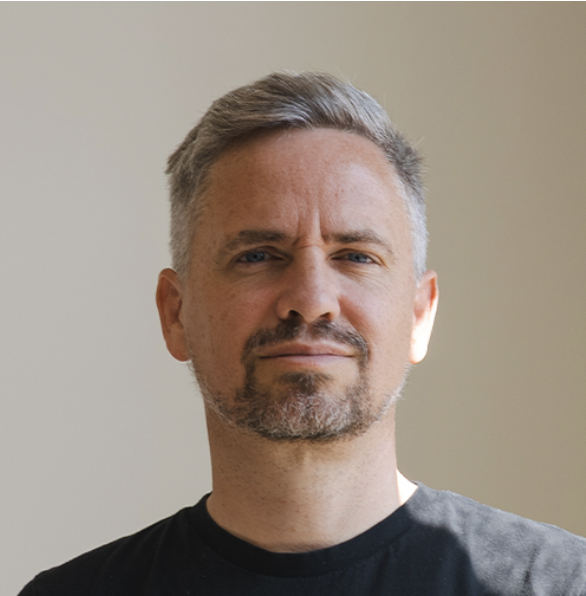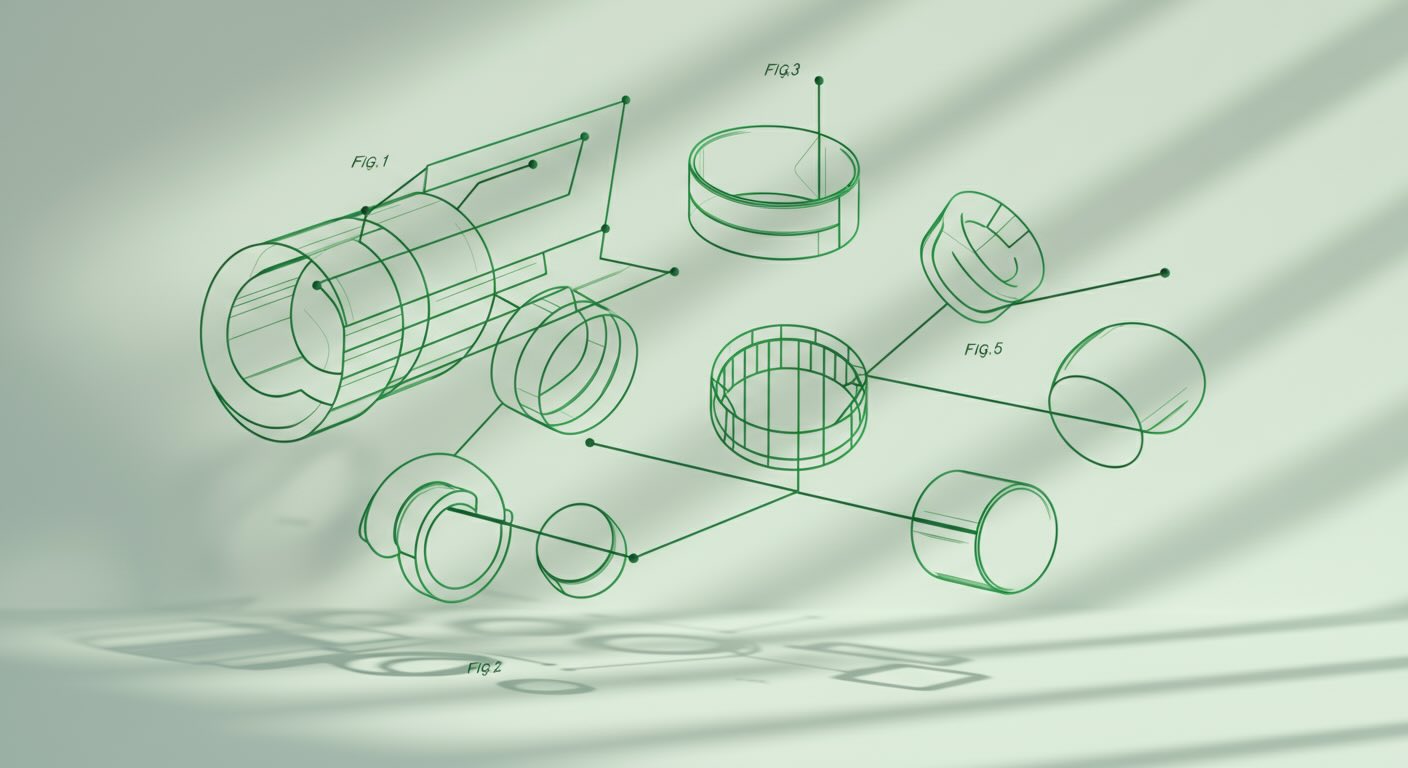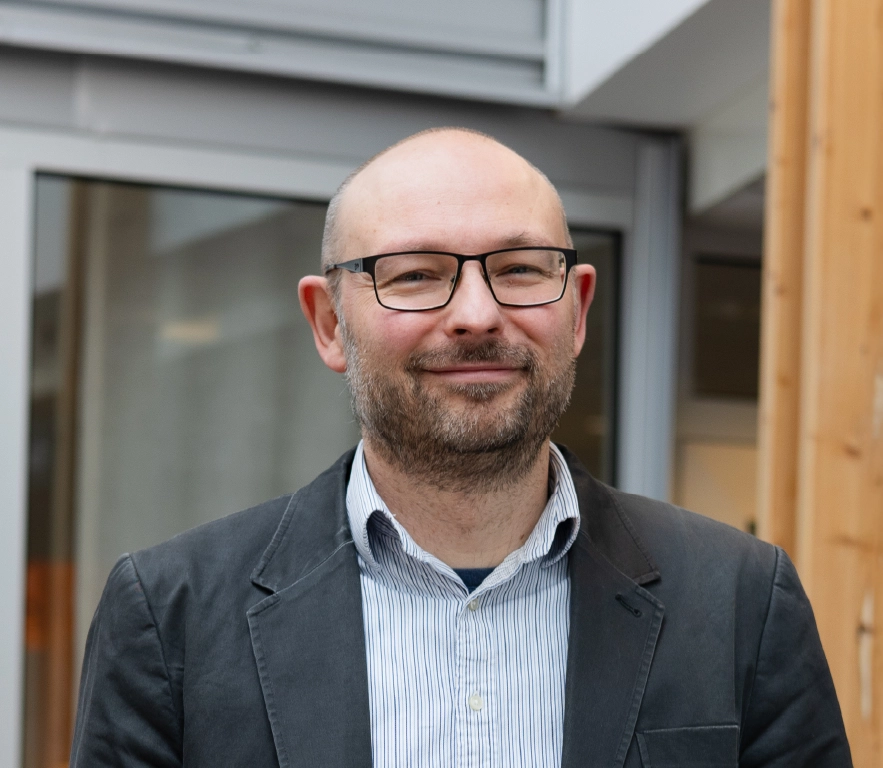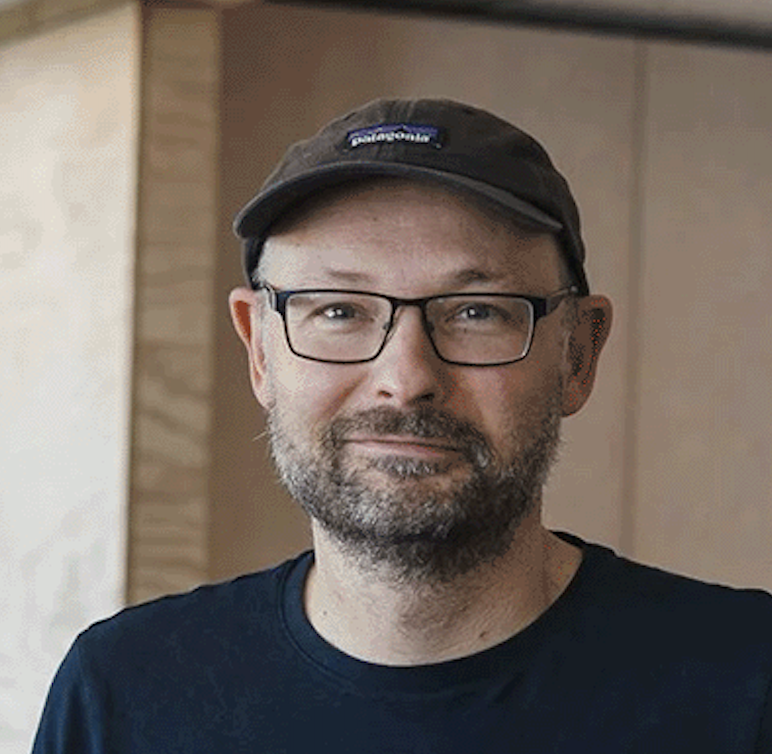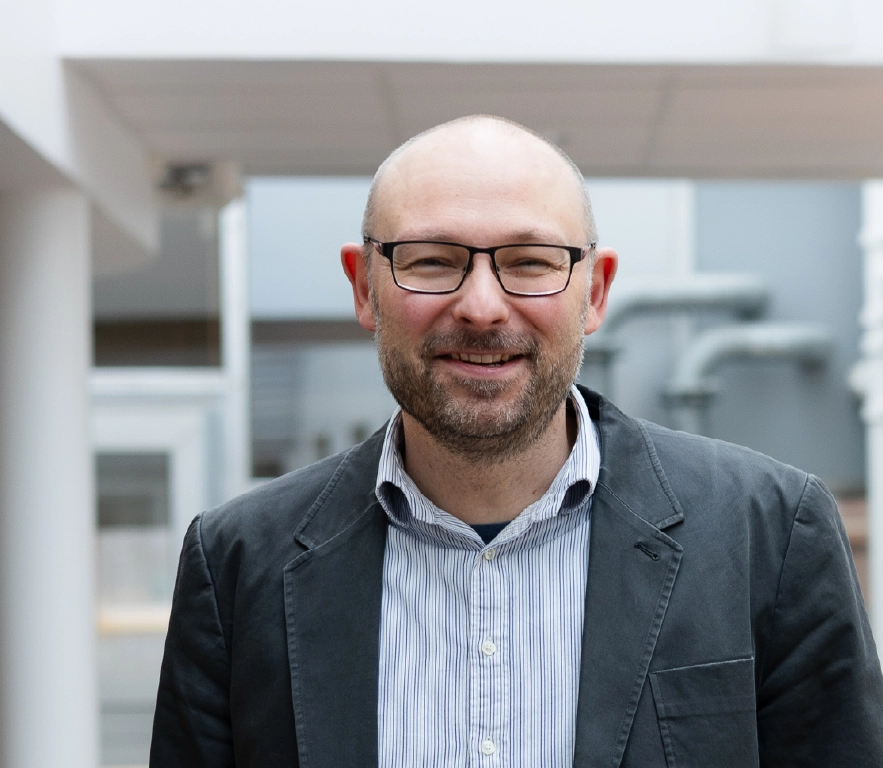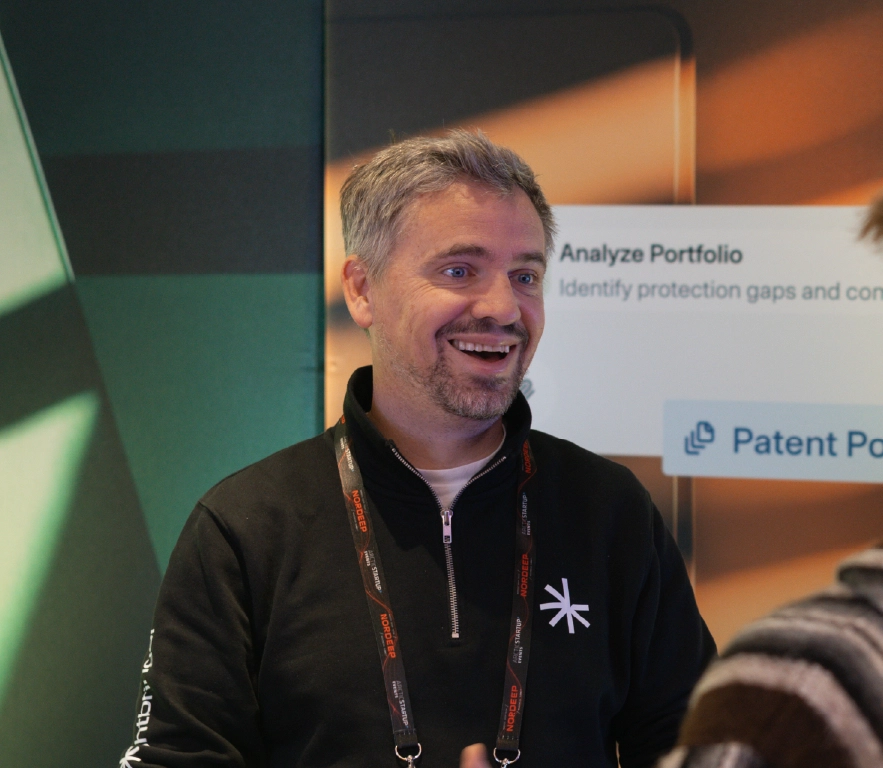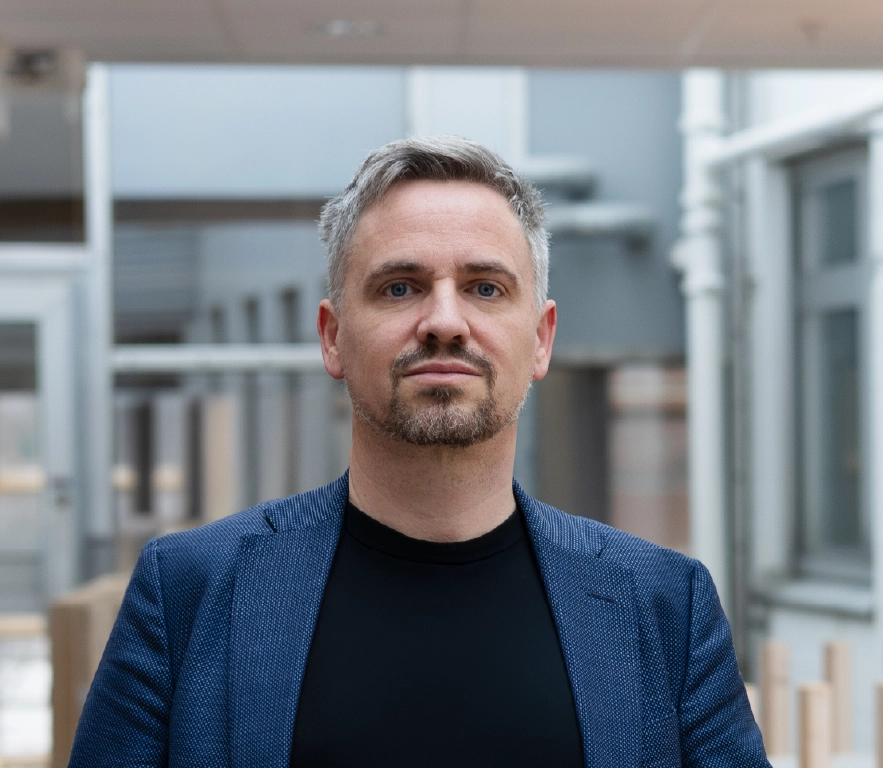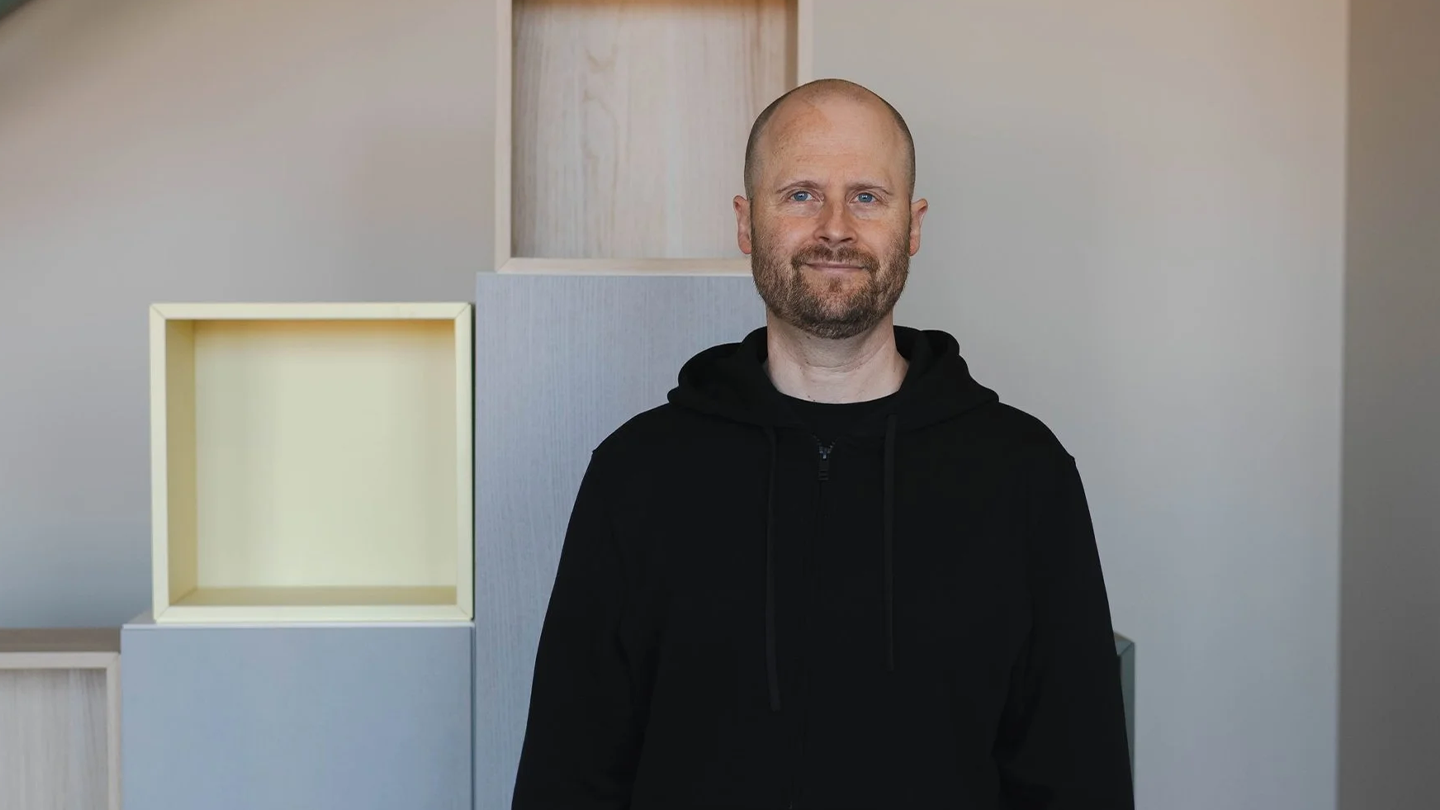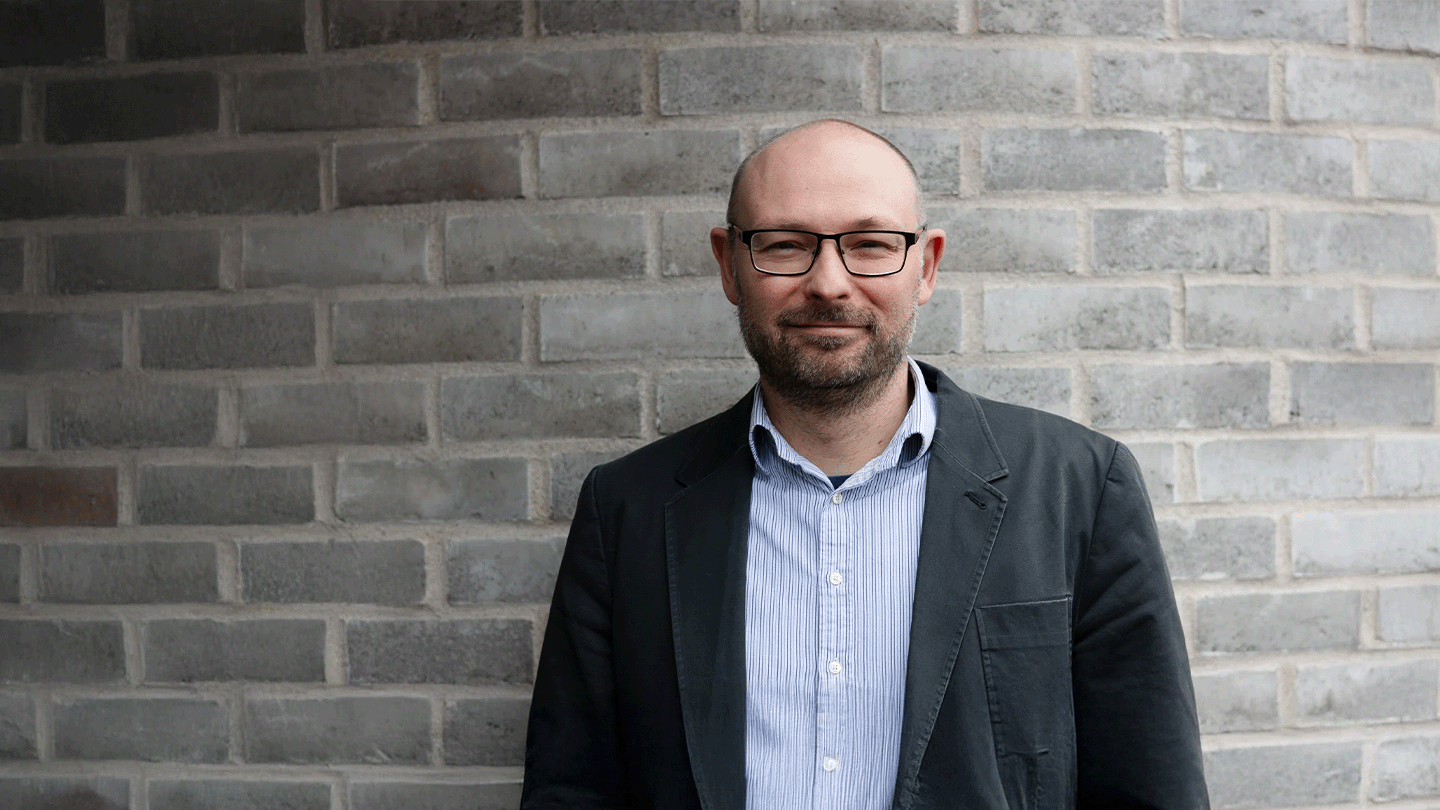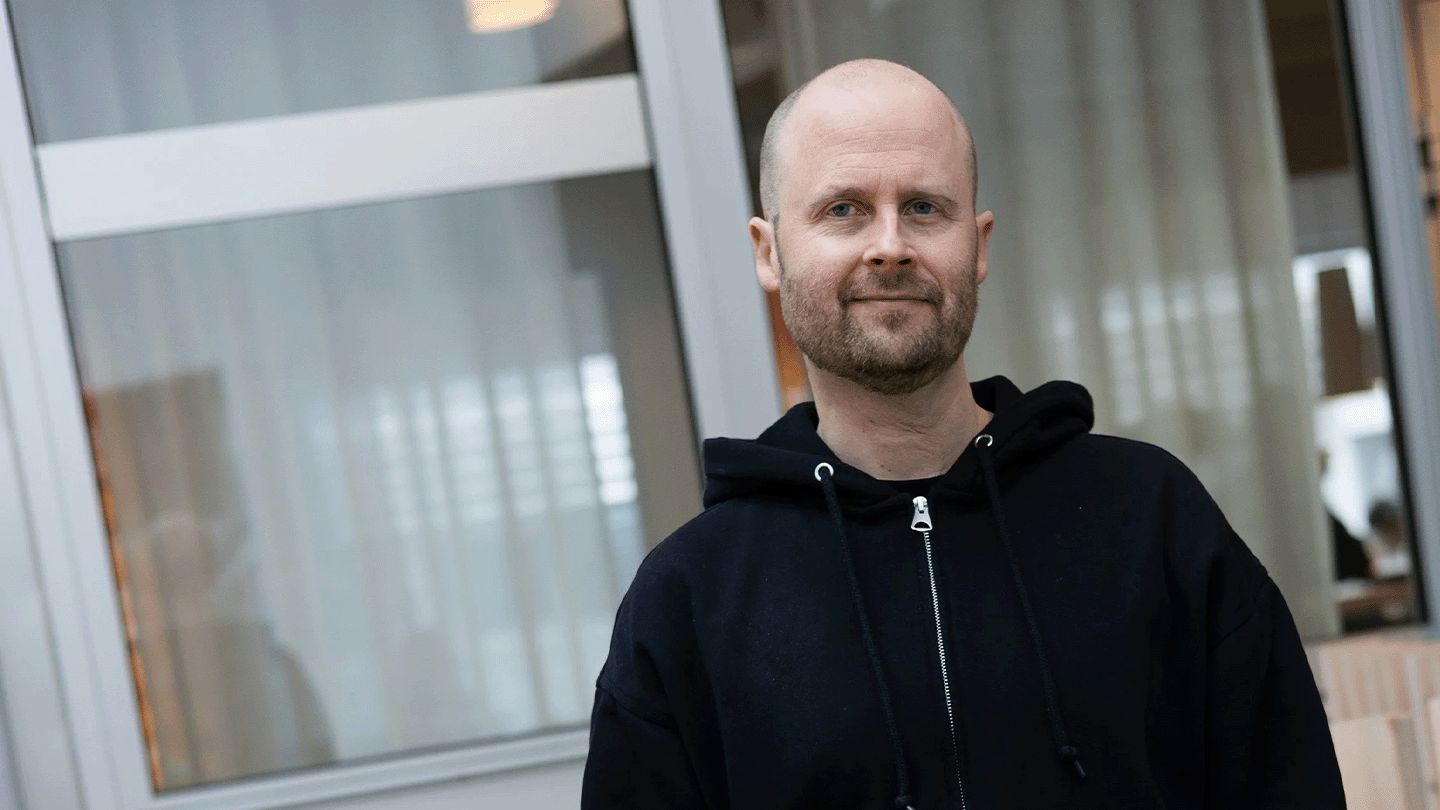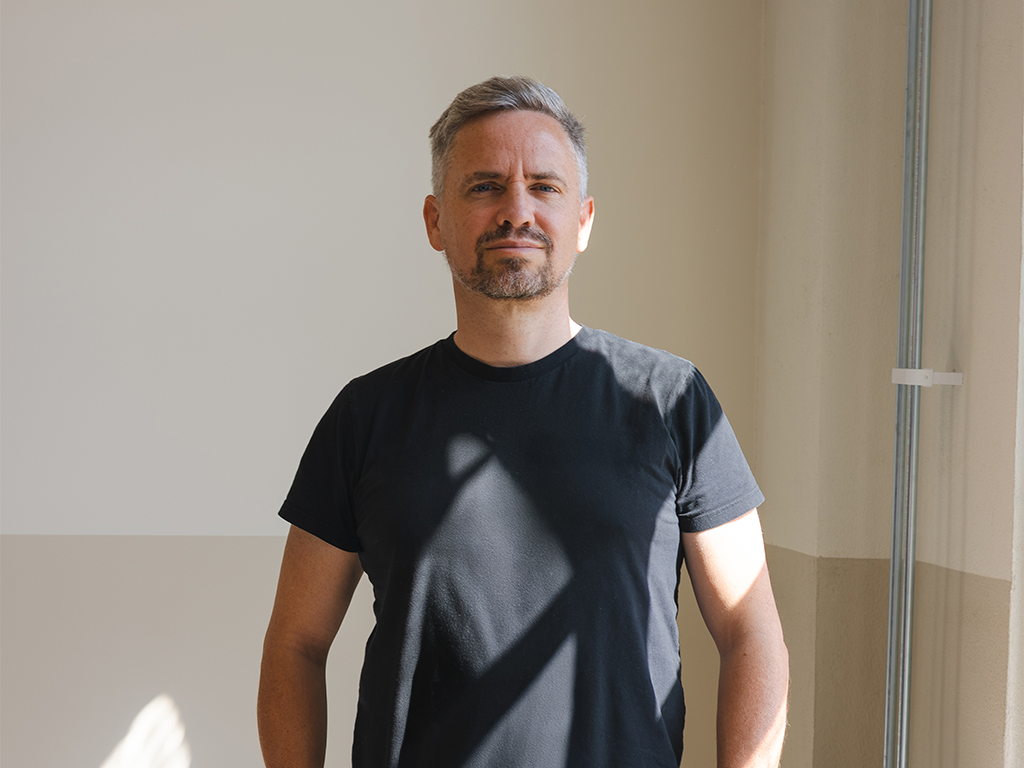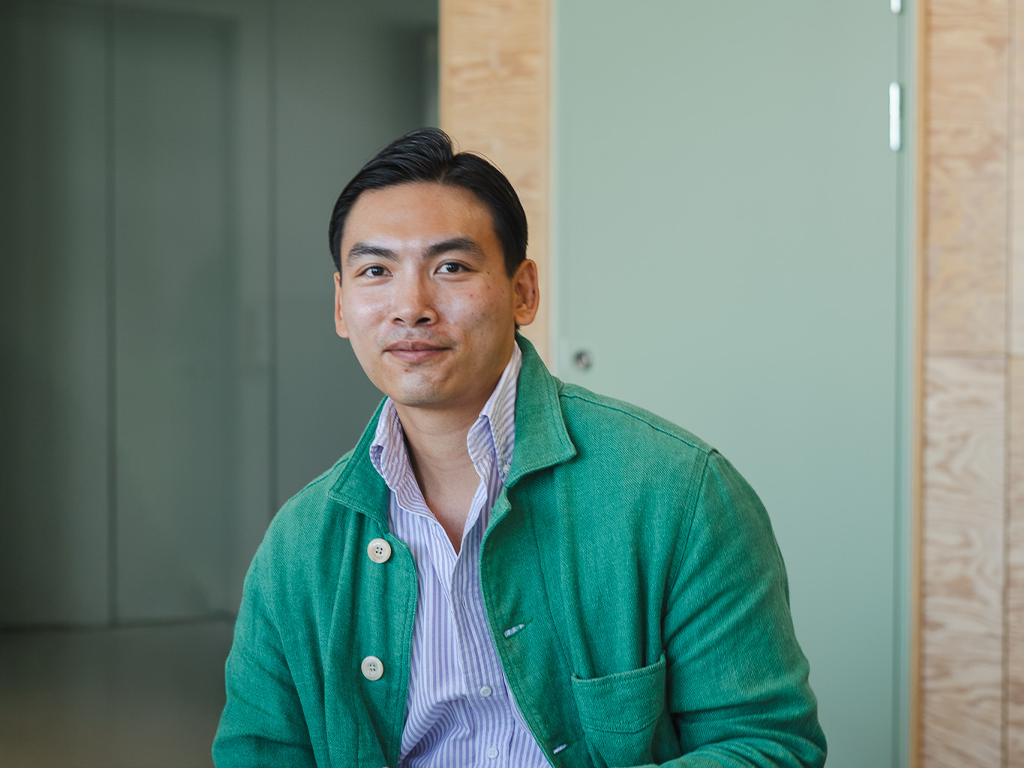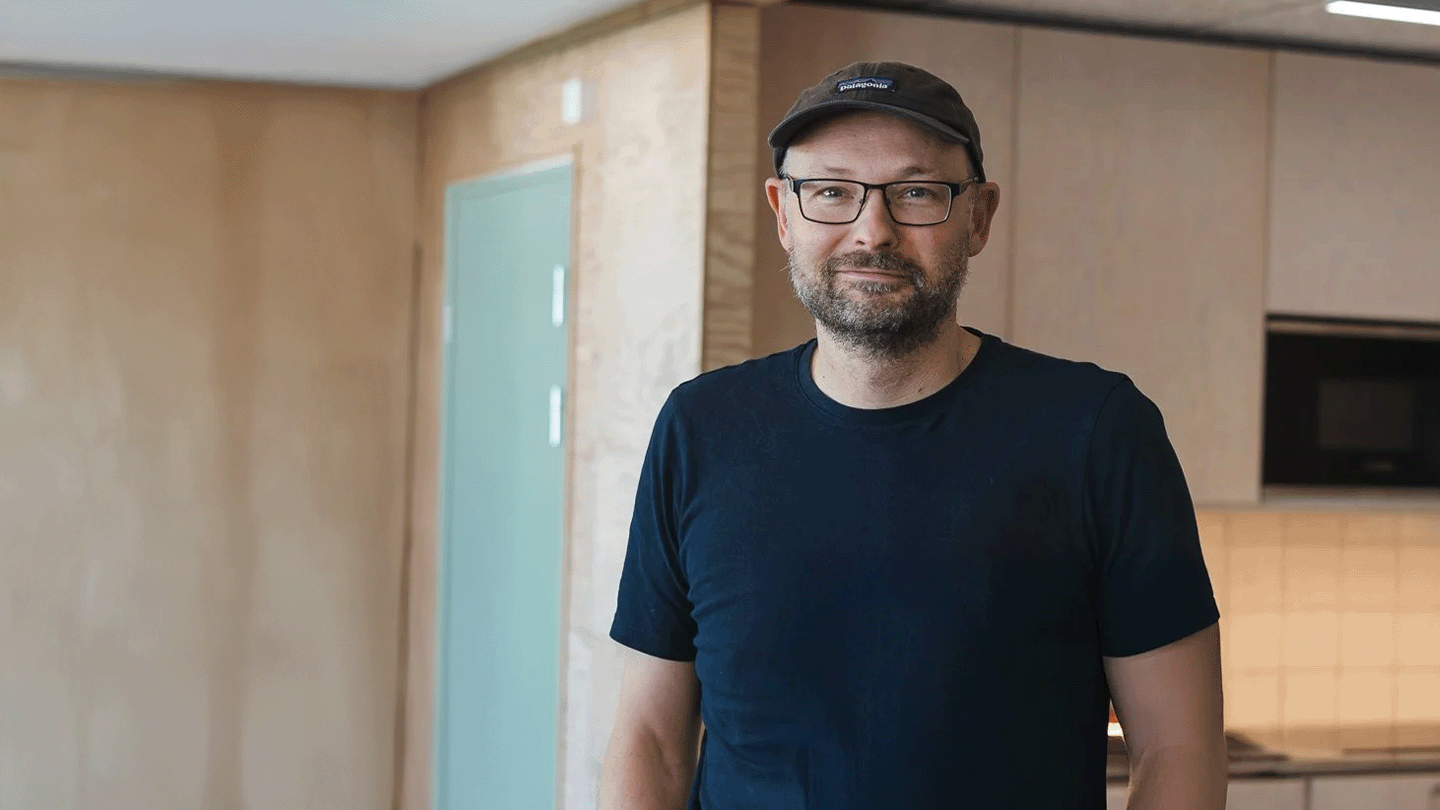You’ve got a breakthrough on your hands.
It’s raw, exciting, not fully formed yet. But it’s promising. So you open ChatGPT. You ask it:
“Is this patentable?” and it spits something back. Fast, fluent, confident.
And you think: maybe this is enough to get started.
I get it. If I were in your shoes, trying to build a company, rally a team, and protect IP all at once, I’d be tempted too. ChatGPT feels like a superpower. It helps you think. It saves time. It’s right there.
But when it comes to intellectual property, especially patents, what looks like a shortcut can quietly unravel everything you’re building.
Let me explain.
Patent considerations for ChatGPT users
As a patent attorney, I’ve worked with hundreds of founders. I know how IP ends up at the bottom of the priority list. You’re juggling product development, hiring, funding, compliance. IP feels abstract, so you try to handle what you can.
ChatGPT seems helpful. It gives you something to work with. It feels like progress without having to approach a patent attorney.
But it gives you answers without understanding your invention. It offers structure without strategy. It sounds convincing, even when it’s wrong.
And when it’s wrong in patents, it’s not just a typo. It’s a risk to your rights, your company, and your investors.
Why ChatGPT fails as a patent drafting tool
ChatGPT won’t tell you when you’ve already disclosed your idea.
It won’t realise when you have been describing something too narrow or too broad.
It won’t correct your misunderstandings about your own invention.
It won’t understand the bigger picture of why you need the patent in the first place.
It might give you the bones of a claim set. But those bones are brittle. We’ve seen it hallucinate references, blend unrelated technologies, and generate claims so broad they’re worthless.
And if that text leaks, even accidentally, it can destroy novelty. In Europe and other jurisdictions, public disclosure before filing makes the invention unpatentable. That’s irreversible.
You don’t need an AI that’s fast. You need one that’s fit for purpose.
There’s a reason Lightbringer is different
Lightbringer was built from the ground up for inventors like you. We combined the speed of AI with the precision of legal and technical expertise. Our software and attorney team are trained to provide the relevant conversations, extract the core ideas behind your invention, and eliminate the risk of hallucination or oversimplification.
What does that look like in practice?
- A guided interface that helps you capture the technical and strategic value of your idea
- A secure, closed system that protects confidentiality from day one
- Human patent experts who know your tech and understand how to align claims with your market strategy
- Patent applications that are valuable. Claim sets that reflect real-world requirements, not AI guesswork
- Ongoing support from your first filing through complex office actions and growing portfolios
We don’t outsource. We don’t cut corners. We just built a better process.
The power of AI, without the risks
AI isn’t the problem. Sloppy implementation is. That’s why we don’t remove the human layer. We elevate it.
Lightbringer levereage AI to let our patent attorneys and inventors work faster, with less friction and more control. It gives you early clarity on what to patent. It helps you stay focused while we handle the details.
We’ve helped deep tech founders file their first patent. We’ve helped mid-stage CTOs manage 20+ patent families with clarity and speed. We’ve done it all at half the traditional cost, not because we’re cheaper, but because we’re smarter about how AI gets used.
This isn’t automation for automation’s sake. This is a modern patent process built from scratch. One where software, AI, and professionals help both sides of the patent lifecycle. One where inventors stay in control.
That’s Lightbringer. That’s the new way to patent.
Latest articles from Lightbringer
Explore the latest stories from the world of patents and AI.
Trusted by founders,
loved by engineers
4.8 out of 5 stars G2 reviews
Unlock your patent potential

